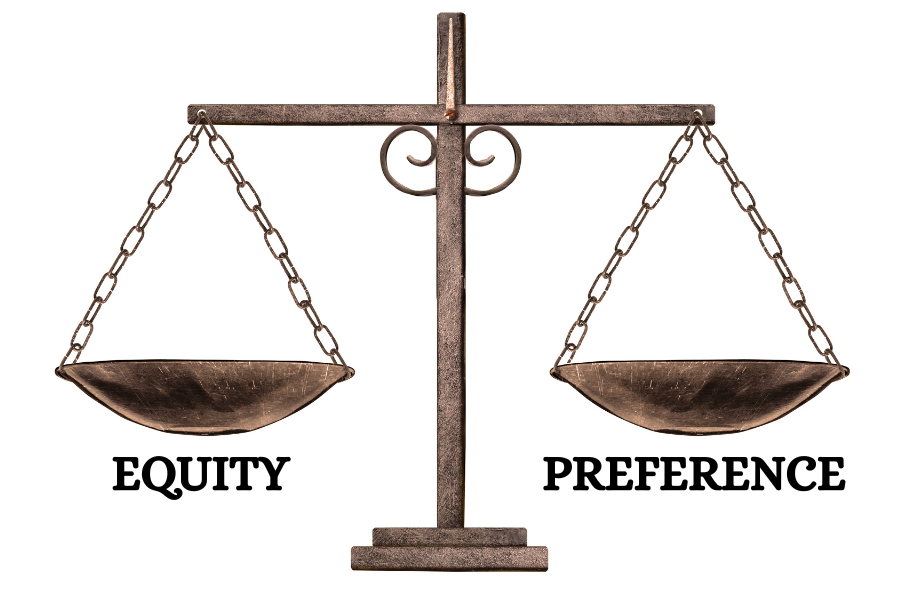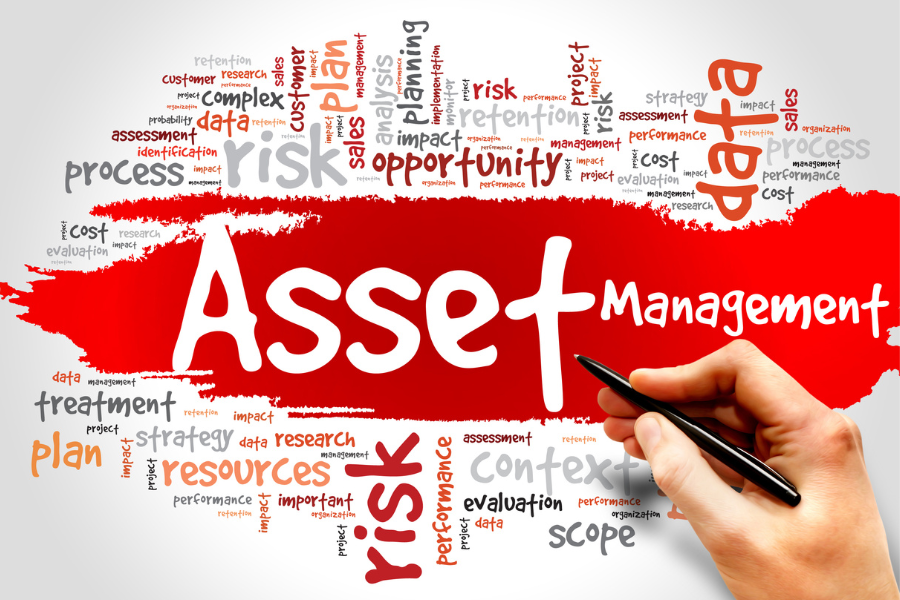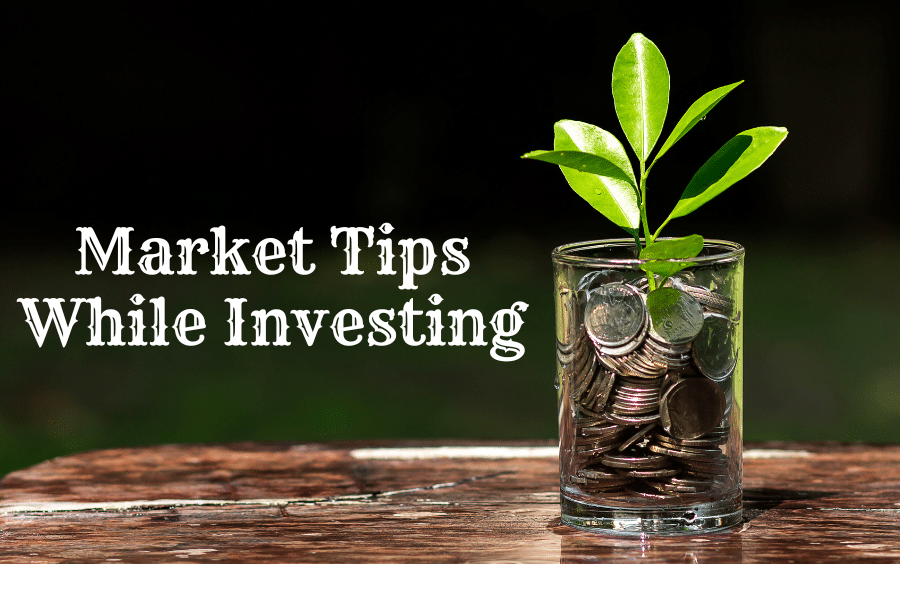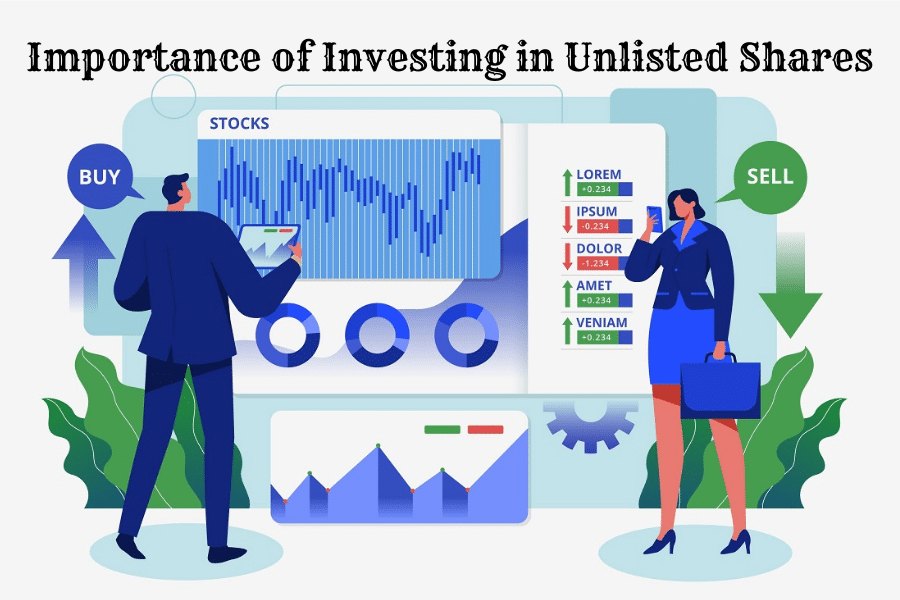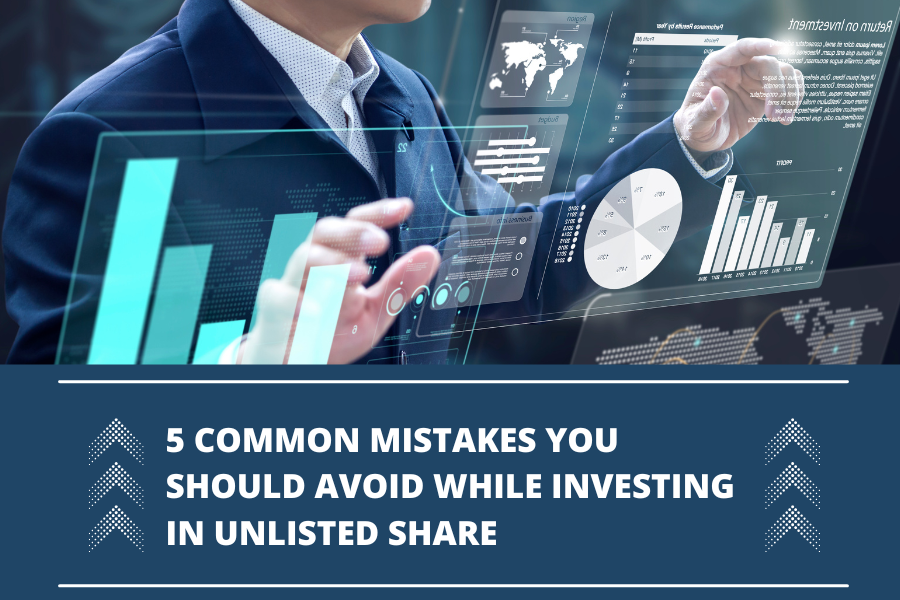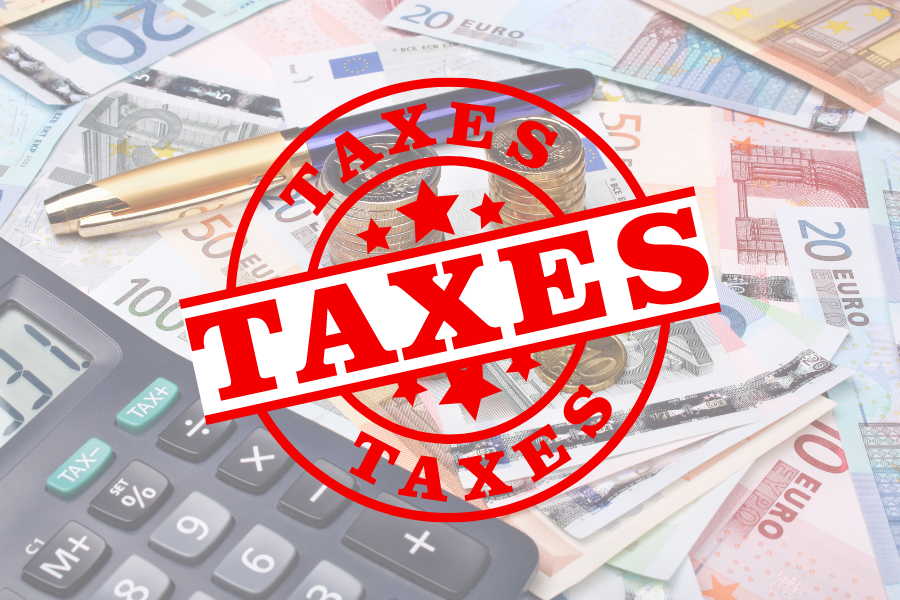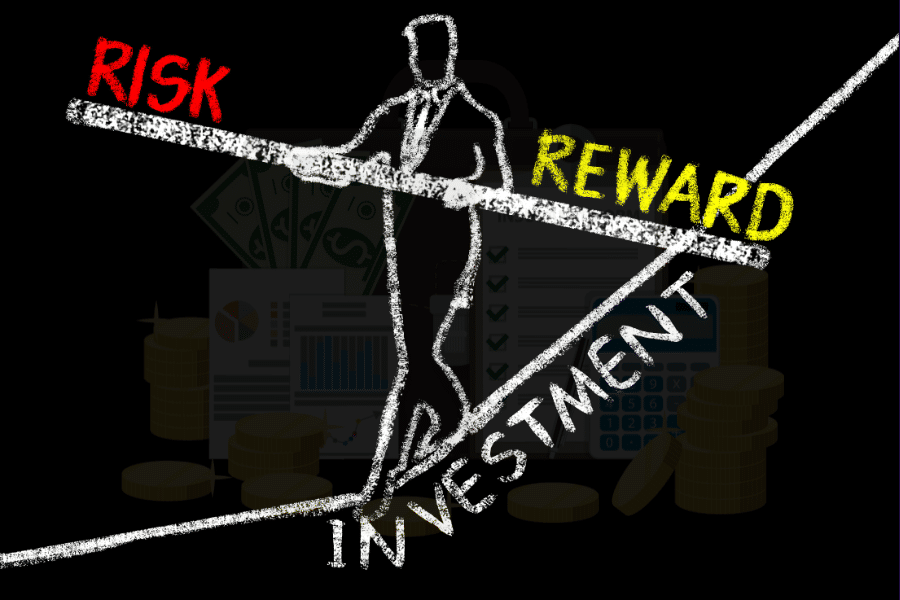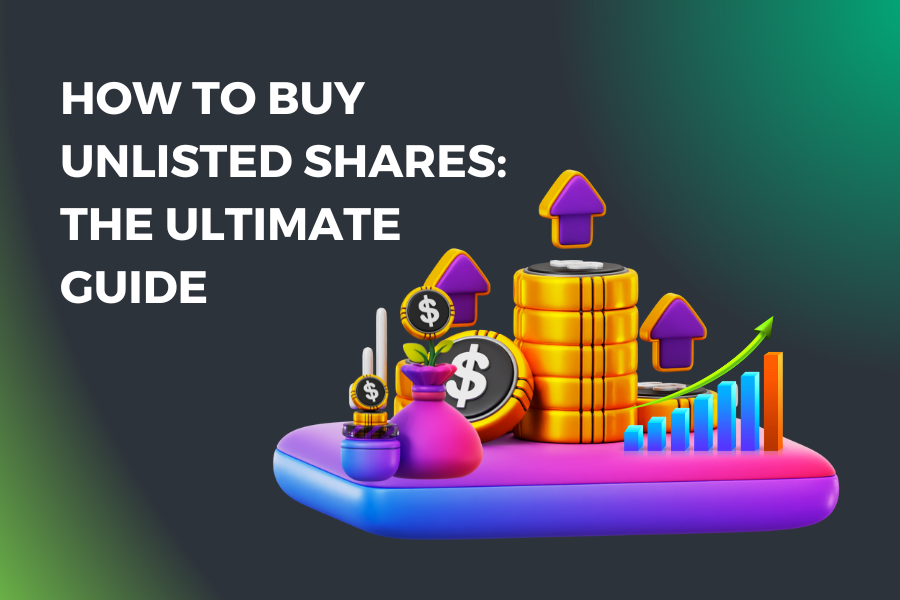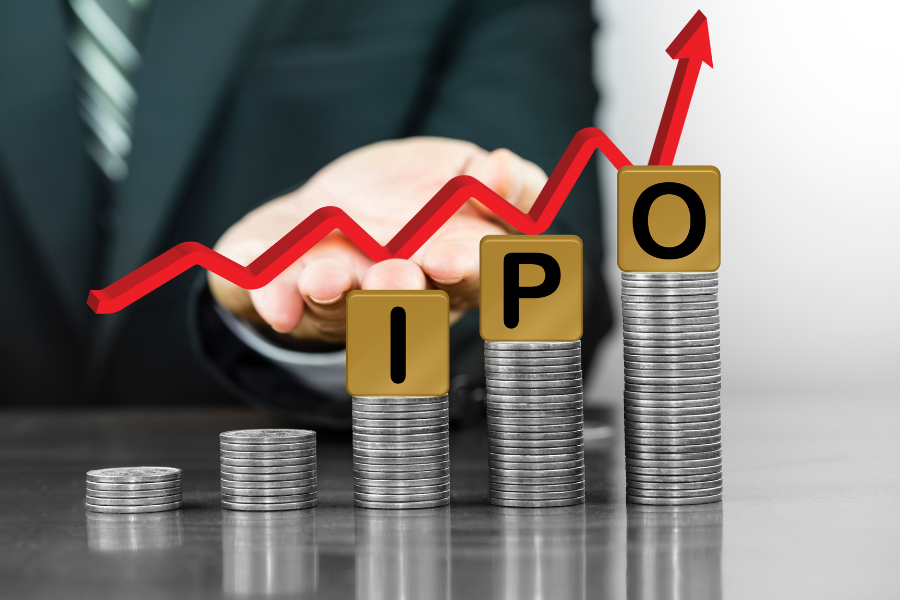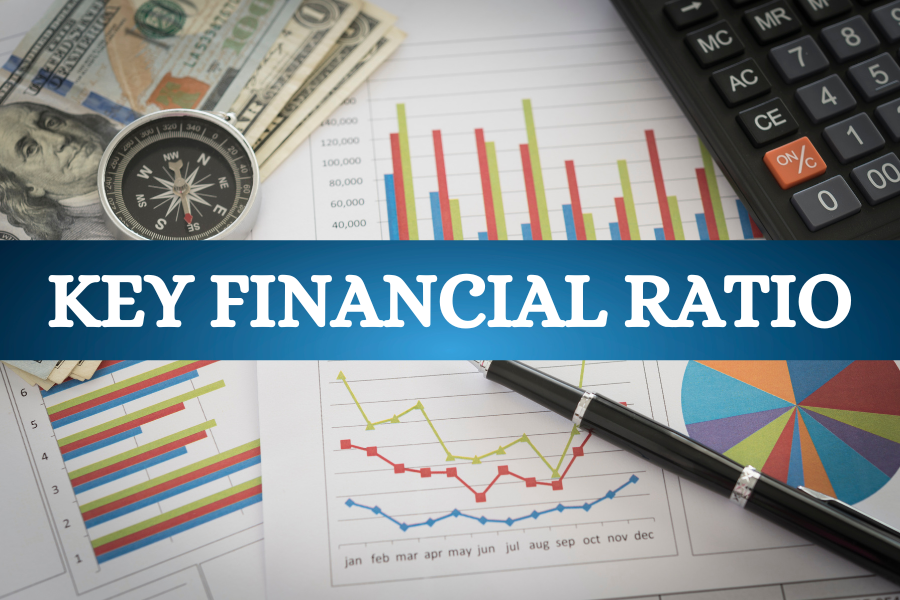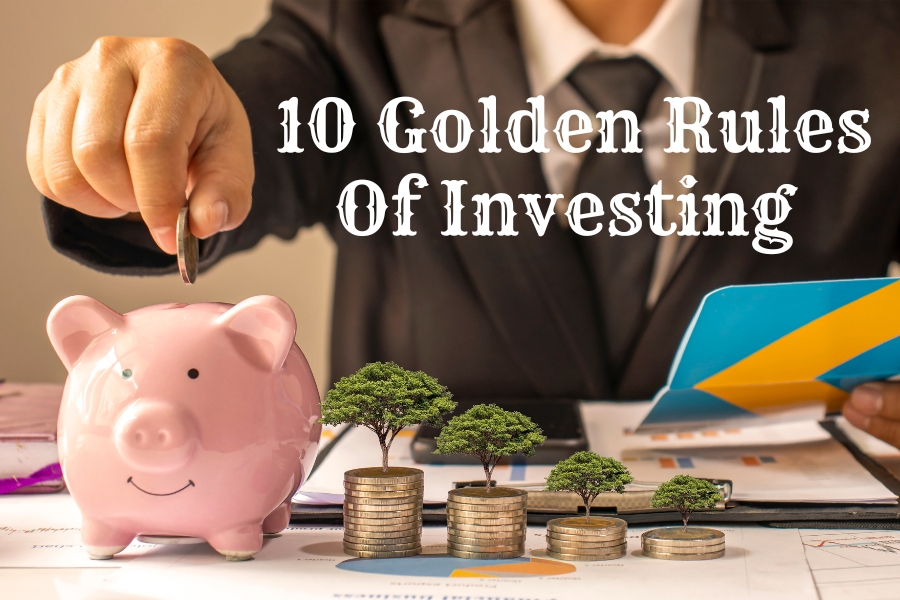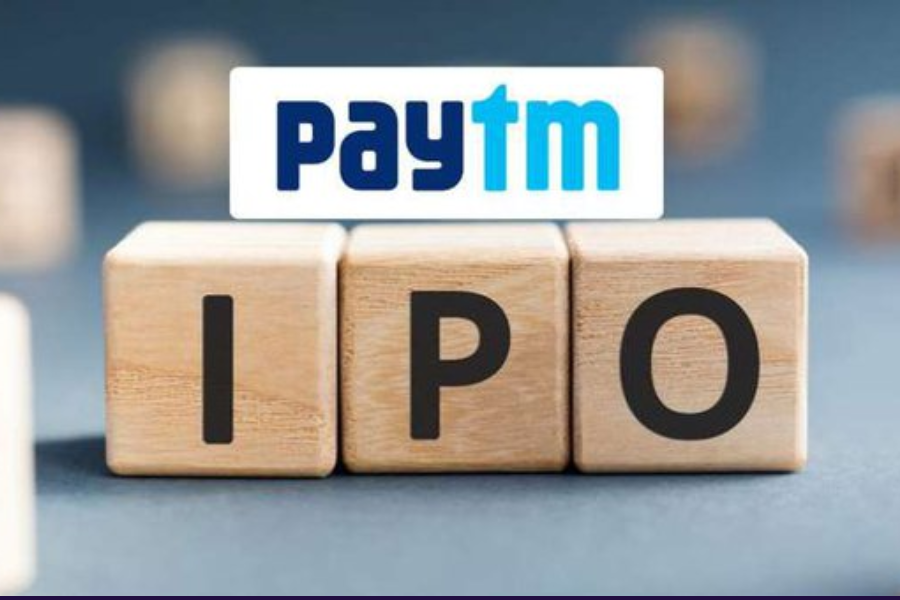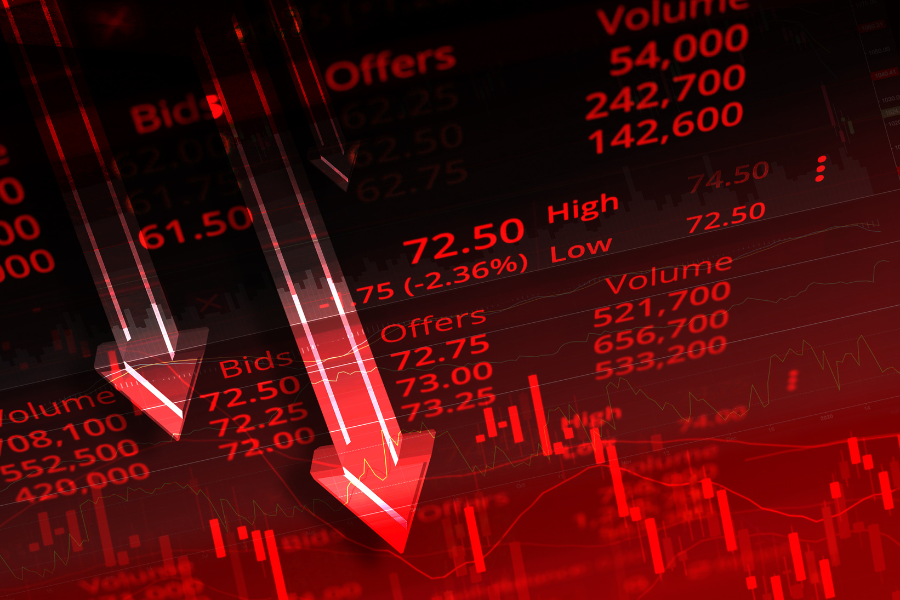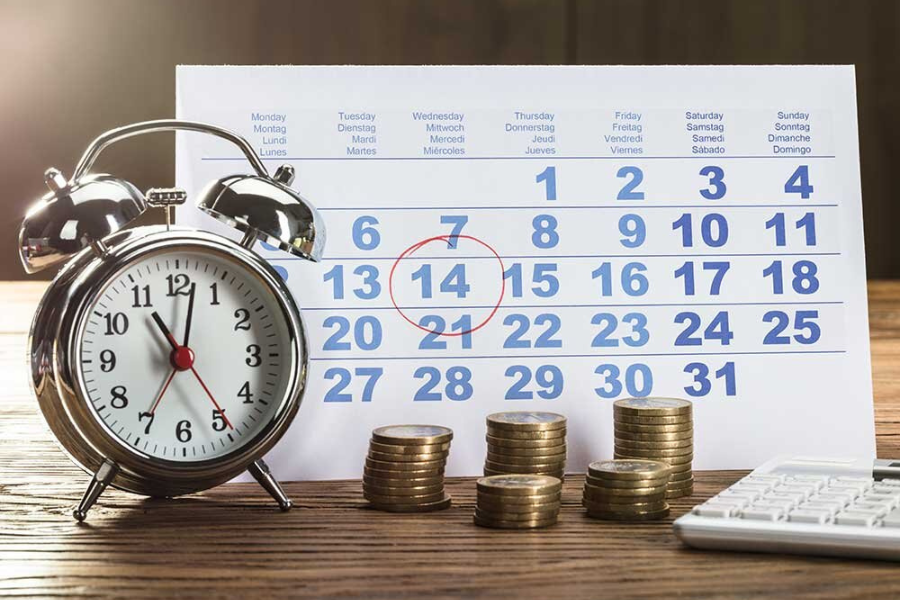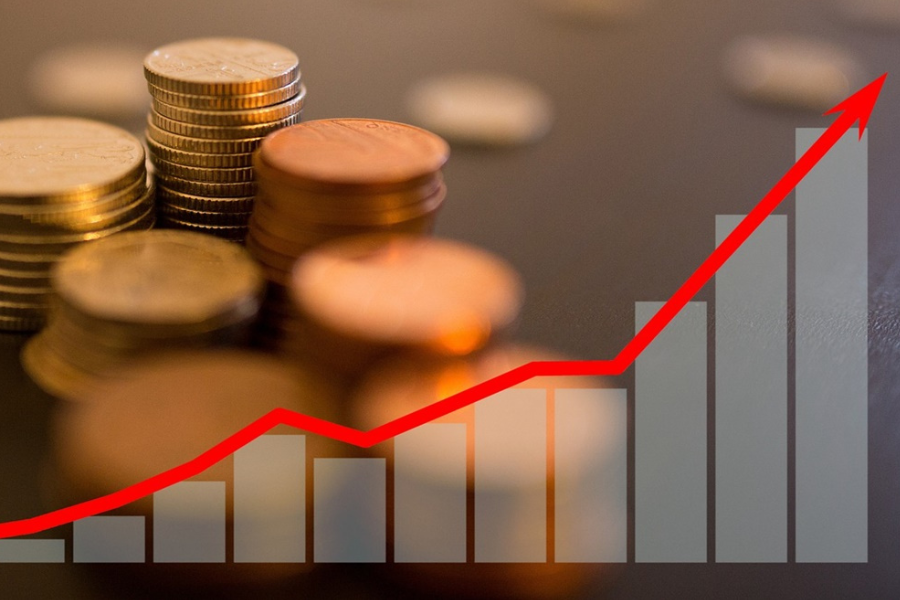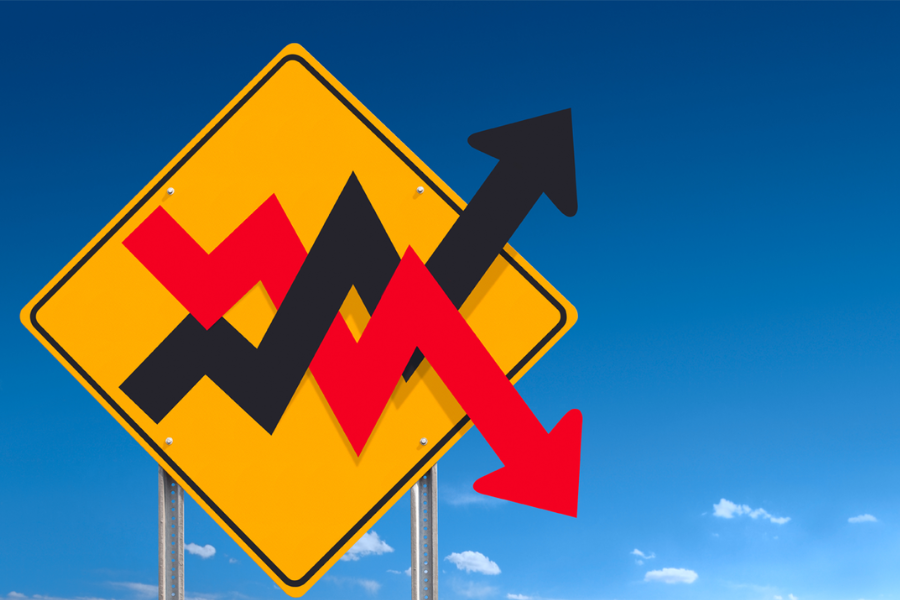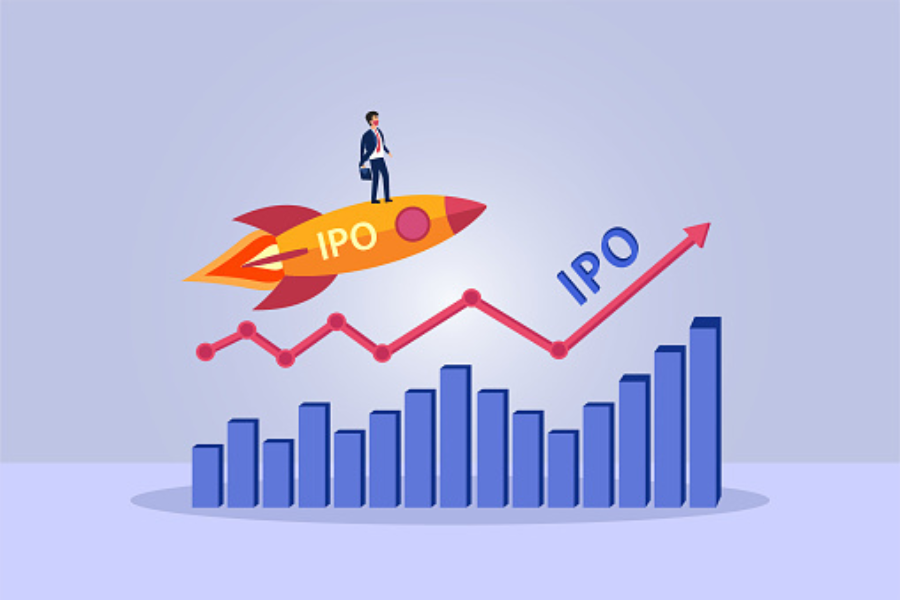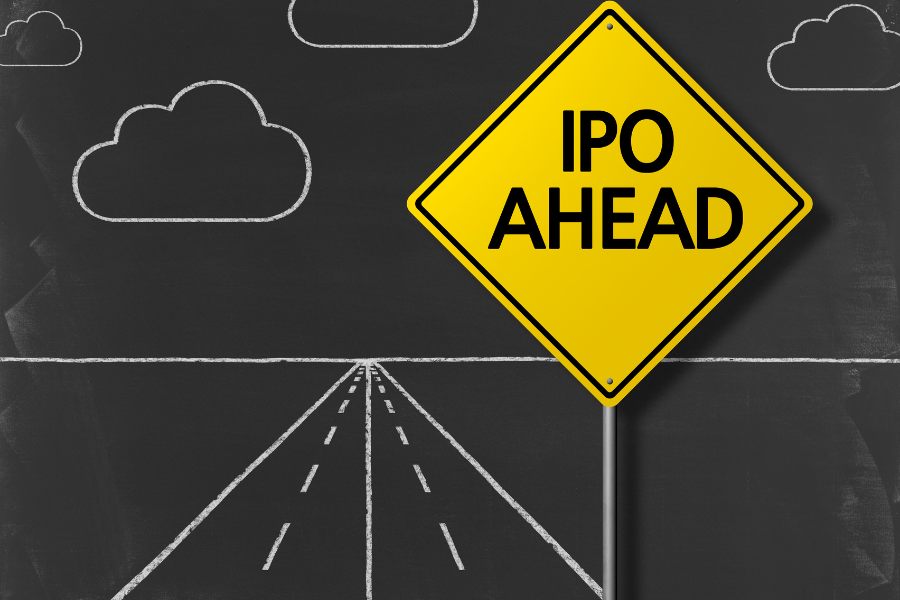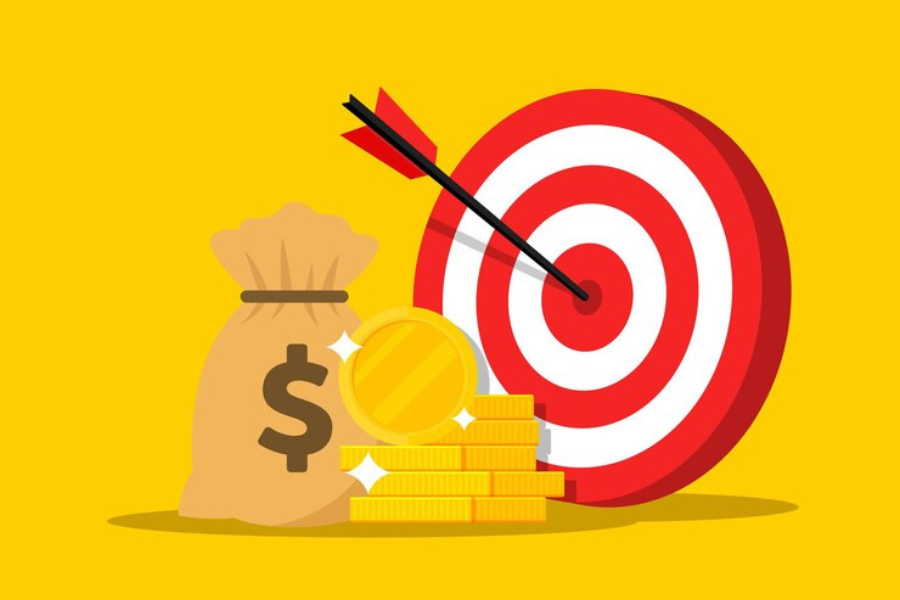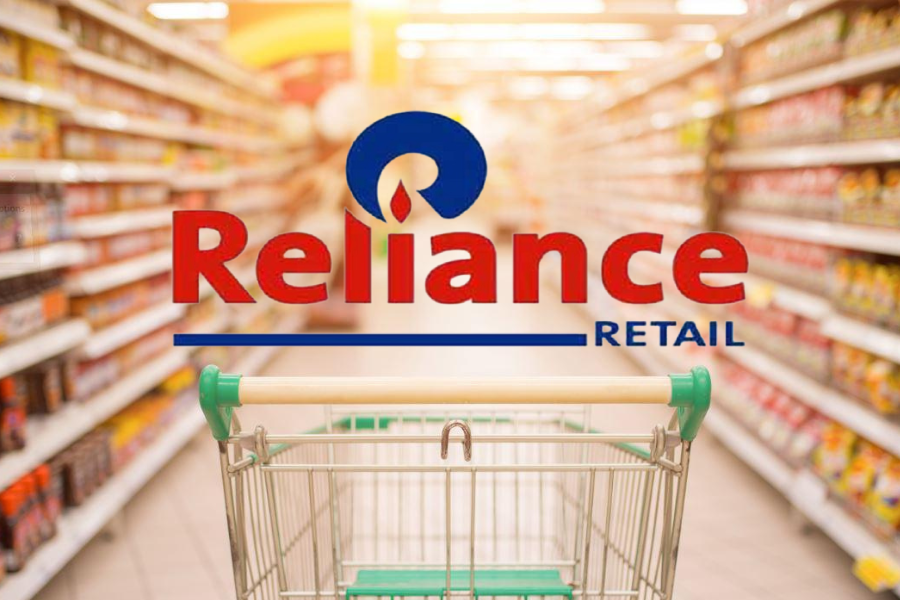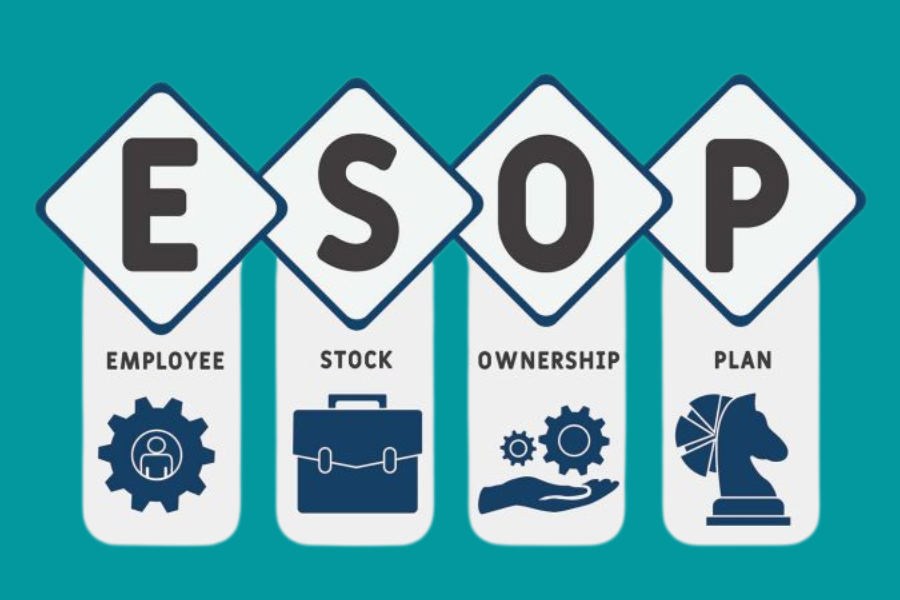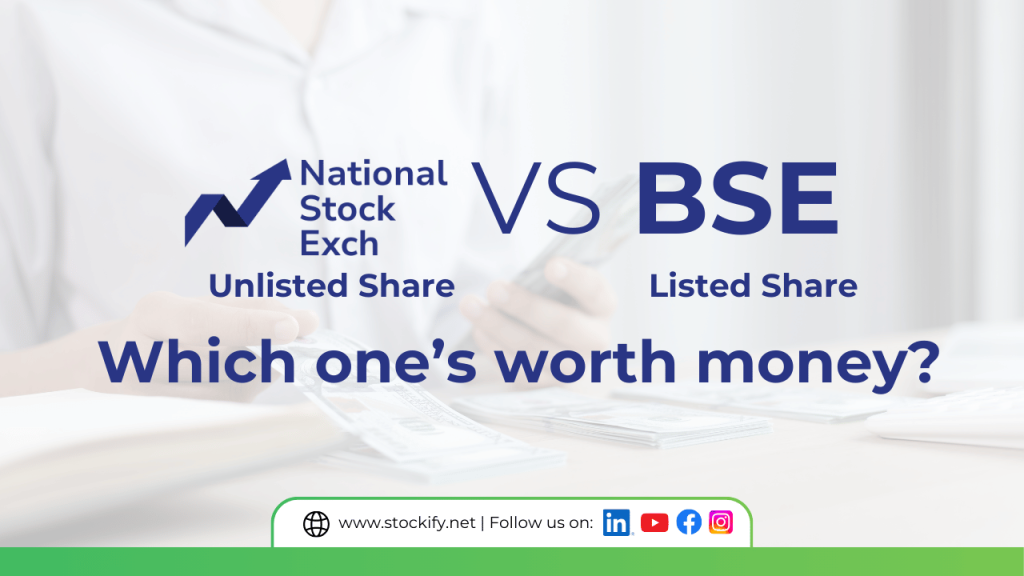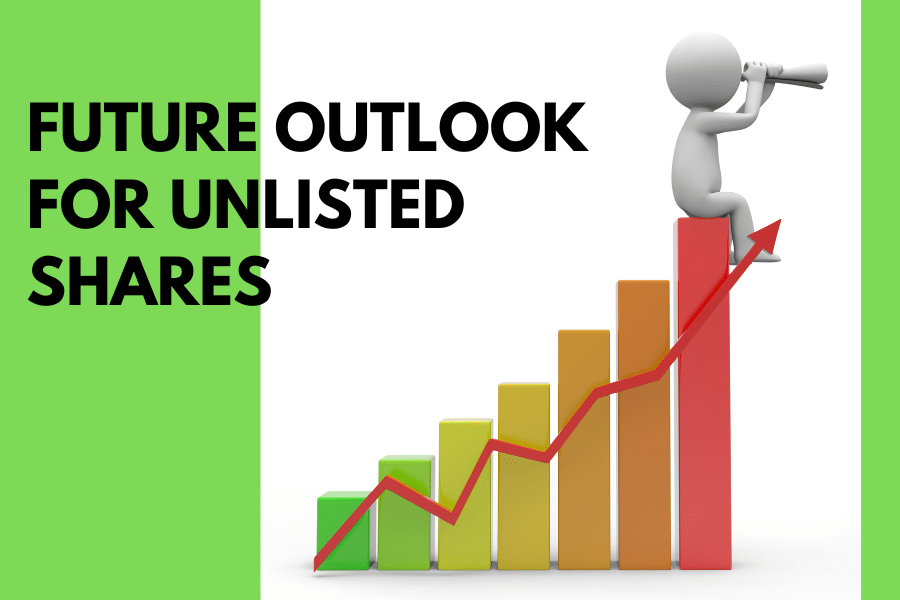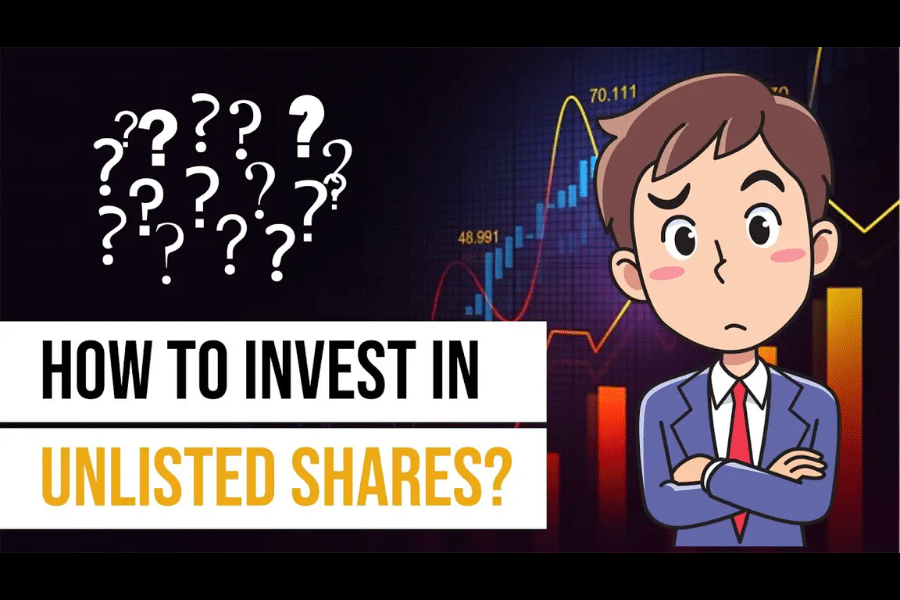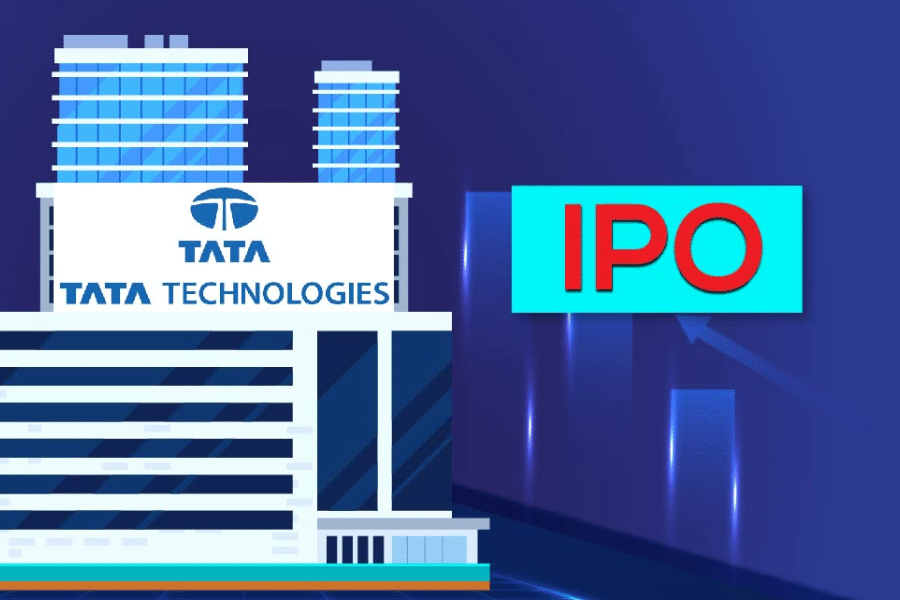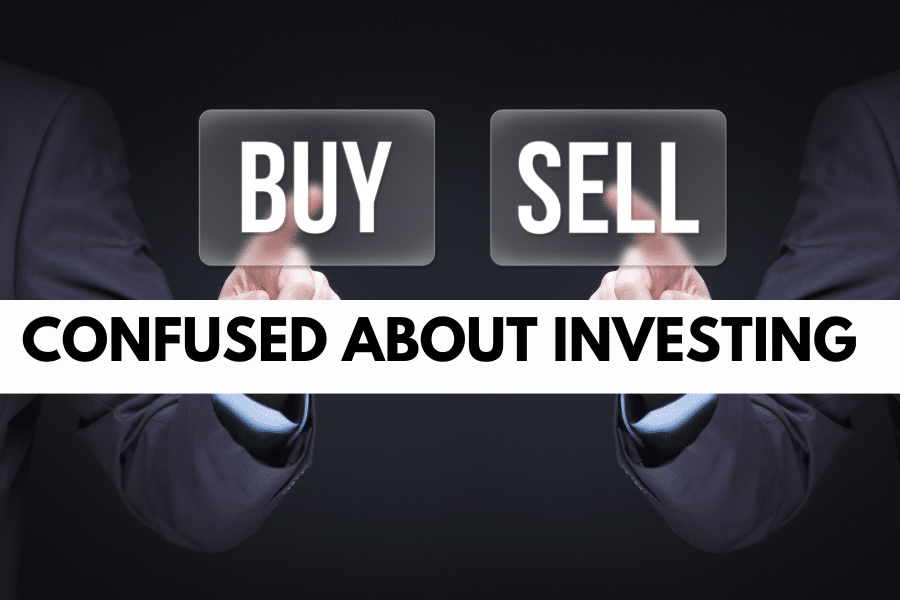Table of Contents
Buy/Sell Your Unlisted Shares
Submit the details below to share a quote.
PharmEasy, a leading name in India's online pharmacy space, has revolutionized the way people access medicines. But who's behind this innovative platform? Let's learn about the ownership structure of PharmEasy and explore the driving force behind its success.
How Did PharmEasy’s Ownership Evolve?
In 2015, Dhaval Shah co-founded PharmEasy with his childhood friend Dharmil Sheth with other co-founders. The company aimed to expand beyond the Mumbai market and received Series A funding to support its growth. They strategically expanded their reach through key acquisitions.
In 2018, Sheth and his co-founders decided to put both their online pharmacy business and the supply chain startup under one entity, leading to the creation of API Holdings, the parent company of PharmEasy.
Who is Dharmil Sheth?
Dharmil Sheth is the co-founder of PharmEasy and also the co-president of parent company API Holdings, the parent company of PharmEasy. Prior to founding PharmEasy, Sheth had also founded 91streets, another company he co-founded. He holds a B.Tech degree in electronics engineering and an MBA in marketing from IIM Ghaziabad.
Early in his career, Sheth worked in business development roles at Techno Gravity Solutions and as a summer intern at MakeMyTrip.com. This helped him gain valuable experience before embarking on his entrepreneurial journey.
Who is Dhaval Shah?
Dhaval Shah is another co-founder of PharmEasy. He holds an MBBS degree from Rajiv Gandhi Government Medical College. He also has an MBA degree from the prestigious XLRI Jamshedpur. Prior to co-founding PharmEasy, Shah worked as a consultant at McKinsey & Company for around 2 years. This experience helped broaden his business acumen and played a crucial role in the conceptualization and launch of PharmEasy.
How did they drive PharmEasy’s growth?
In 2021, they acquired Medlife, a rival online pharmacy, solidifying their position in the market. Additionally, they acquired a significant stake in Thyrocare, a leading diagnostics chain, further integrating healthcare services within their ecosystem. Dhaval Shah and Dharmil Sheth were featured in the Forbes 30 Under 30 list in 2017 for their work in building PharmEasy.
In recent years, API Holdings, the parent company of PharmEasy, has focused on achieving profitability. The company reported a cumulative EBITDA of Rs. 60 crore in the first half of FY24, meeting its goal of becoming profitable by April 2023.
API Holdings had previously filed for an IPO to raise Rs. 6,250 crore but later withdrew the plans. However, the company recently launched a successful rights issue worth Rs. 3,500 crore, which was oversubscribed, indicating strong investor confidence in the company's growth potential.
How Are Pharmeasy Shares Doing?
Despite the lurking financial charges, PharmEasy has reported a 16% increase in its revenue in FY2023. But this is not enough. The company has been consistently performing poorly in terms of net profit. Even though the earnings reached Rs. 6,643 crore the losses widened by 30% totaling Rs. 5,211 crore for the same period. In 2022, the net debt-equity ratio also worsened from 9.94% to 34.62%. As a result,pharmeasy sharesin the unlisted market saw a 90% drop.
Currently, the pharmeasy share price is trading around Rs 10 per share as compared to Rs. 105 three years ago. This indicates a very high volatility rate. There is also a need to be cautious as the high debt-equity ratio of PharmEasy indicates significant financial risk for investors who want to invest in the med-tech sector.
What Lies Ahead For PharmEasy?
PharmEasy’s future depends on raising the necessary funds to meet its debt obligation through the right issues. This can help the company stabilize its finances. The involvement of experienced investors like Ranjan Pai’s Manipal group could also provide some strategic guidance at this stage.
Stockify is a reliable platform for buying unlisted shares and has a wide range of blue-chip stocks for retail investors. Here, you can easily check the current price of unlisted shares and analyze their performance over the past few years.
Explore the best-performing unlisted shares now.




